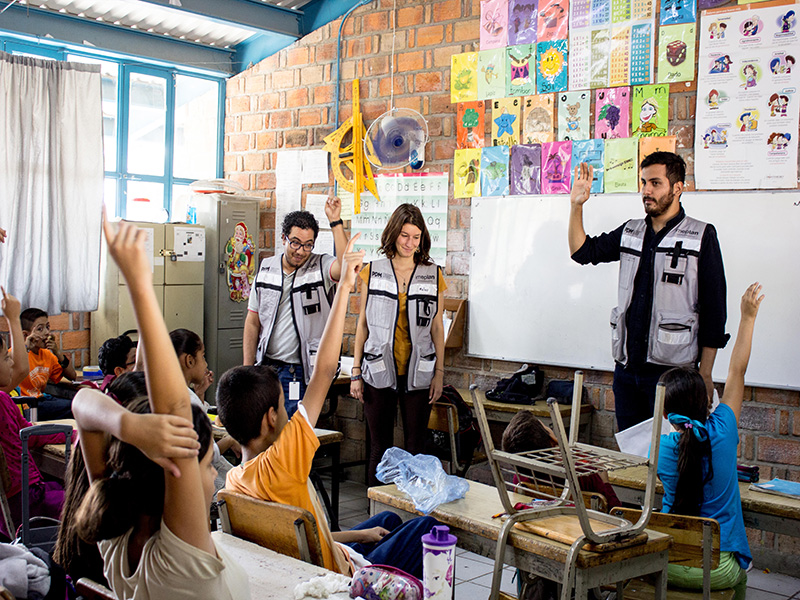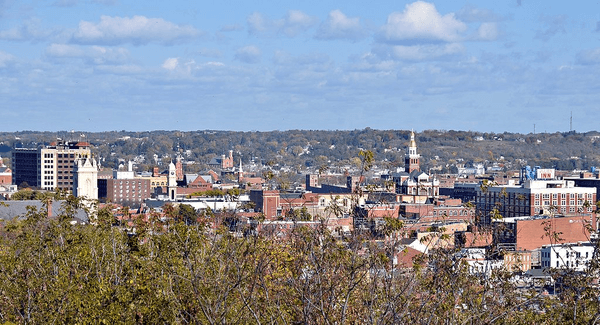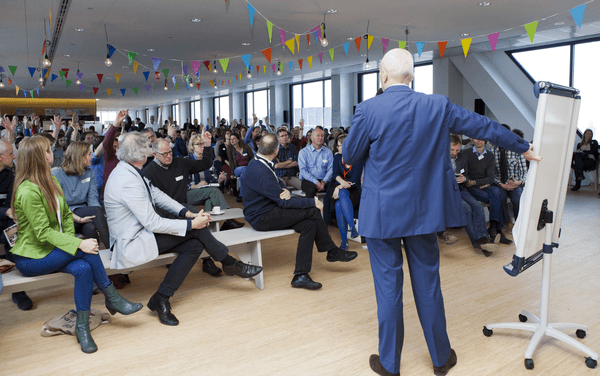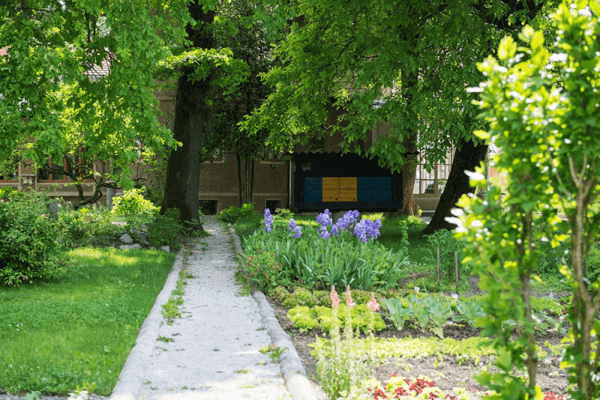City
Guadalajara
Main actors
City Government, Community / Citizen Group, Public Utility
Project area
Metropolitan Area
Duration
Ongoing since 2015
Citizen-led governance of the Metropolitan Area of Guadalajara
The Metropolitan Area of Guadalajara (AMG) faces a range of environmental, social, economic and planning issues that can only be resolved through collaboration between individual municipal government bodies that comprise the area. To address this, the AMG administration established IMEPLAN (Metropolitan Planning Institute of Guadalajara Metropolitan Area) to view, assess and resolve issues from a metropolitan point of view instead of individual municipal ones.
The IMEPLAN initiative is the first of its kind in Mexico. The central idea of IMEPLAN is to involve municipalities, citizens and experts in a participatory planning process through collaborative roundtables and workshops that are supported by an educational curriculum and encourage all stakeholders to re-imagine and plan the city they wish to live in.
Guangzhou Award
This project was awarded the 'Guangzhou Award' in 2018.
External links / documents
On Map
The Map will be displayed after accepting cookie policy




